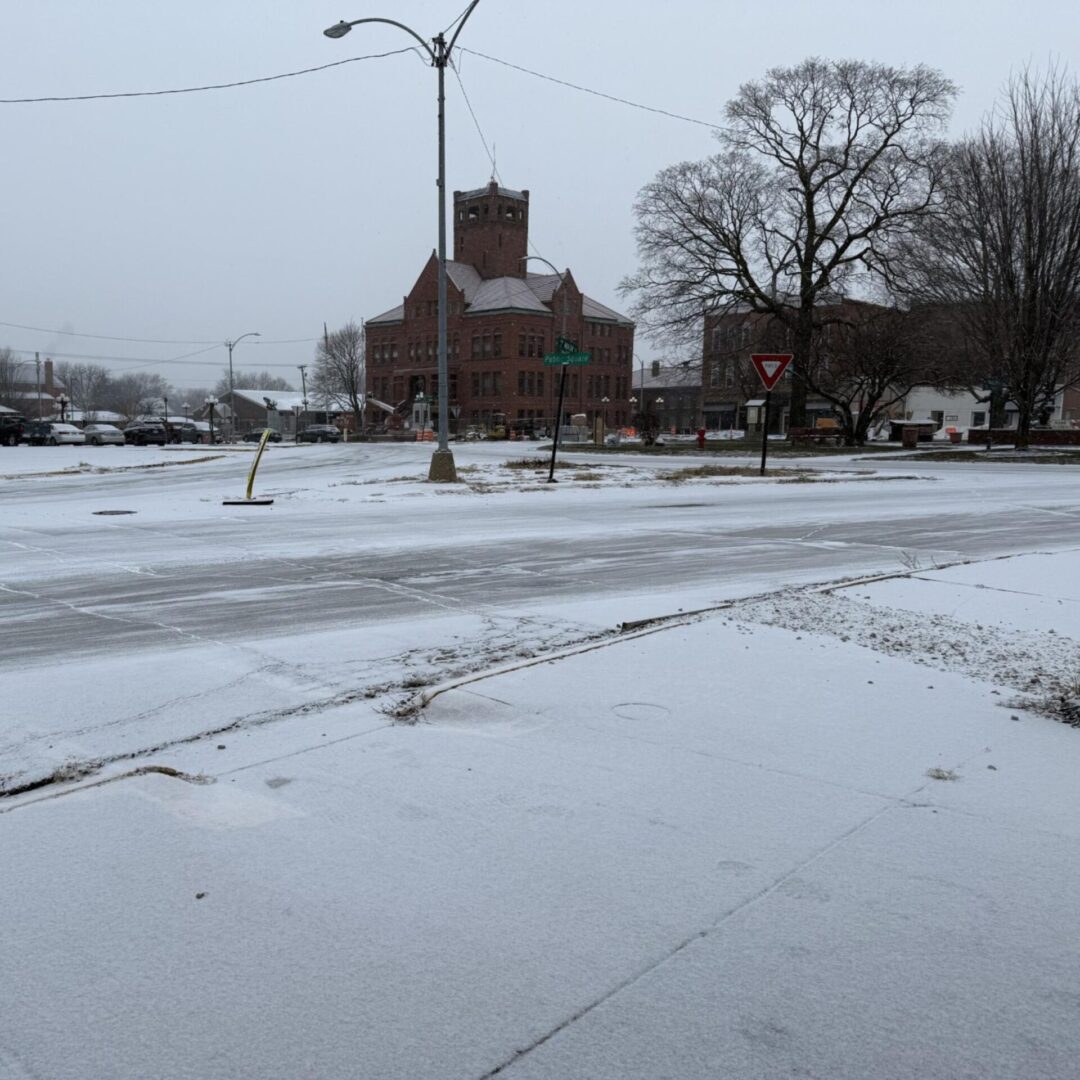Ladies, learn how to lower your risk of heart disease.
While heart disease is still most commonly associated with men, it’s also the No. 1 cause of death in women. In fact, according to the Centers for Disease Control and Prevention (CDC), heart disease was responsible for about 20% of all female deaths in 2017.
Heart disease encompasses a variety of conditions, and the most common is known as coronary artery disease — a condition in which plaque builds up in the arteries and obstructs the heart’s blood supply. If blood flow becomes completely blocked, it can result in a heart attack.
Fortunately, a number of risk factors for heart disease, such as smoking, weight and inactivity, can be managed. The National Institutes of Health recommends making the following lifestyle modifications to improve your heart health:
- Catch some z’s. Aim for about seven to nine hours of sleep per night.
- Eat a nutritious diet. Focus on eating a variety of plant-based foods, such as fruits, vegetables and whole grains, and limiting your consumption of salt, sugar and saturated fats.
- Get moving. The U.S. Department of Health and Human Services recommends that adults get at least 150 minutes of moderate-intensity aerobic exercise every week.
- Know your risk. Speak with your primary care provider about screening for major risk factors of heart disease, such as high blood pressure, high cholesterol levels and high blood sugar levels (an indication of prediabetes or Type 2 diabetes).
- Maintain a healthy weight. Obesity increases your risk of heart disease due to its close correlation with the major risk factors listed above.
- Moderate your alcohol consumption. Women should have no more than one alcoholic drink per day.
- Stop smoking. According to the CDC, smoking is responsible for approximately a quarter of all cardiovascular deaths in the U.S.
- Take a breather. Stress can increase your blood pressure and potentially trigger a heart attack. Rather than turning to cigarettes or alcohol, find healthy ways of relaxing, such as exercise or meditation.
Recognize the Signs of a Heart Attack
Chest pain, discomfort, pressure or tightness during a heart attack are common heart attack symptoms in both sexes, women are more likely to experience a number of other symptoms, as well. These include:
- cold sweats
- pain that radiates to other areas of the body, including the arms, back, jaw, neck or stomach
- shortness of breath
- stomach issues, such as nausea or vomiting
If you’re experiencing symptoms of a heart attack, call 911 to receive life-saving care as soon as possible.
WITH ALL THAT’S RIDING ON YOUR HEART, LET US HELP YOU KEEP IT HEALTHY
You, and all the people who rely on you, can count on Cottage Clinics when it comes to your heart. Learn your risk for a heart attack. Take our risk assessment at CottageHospital.com.















